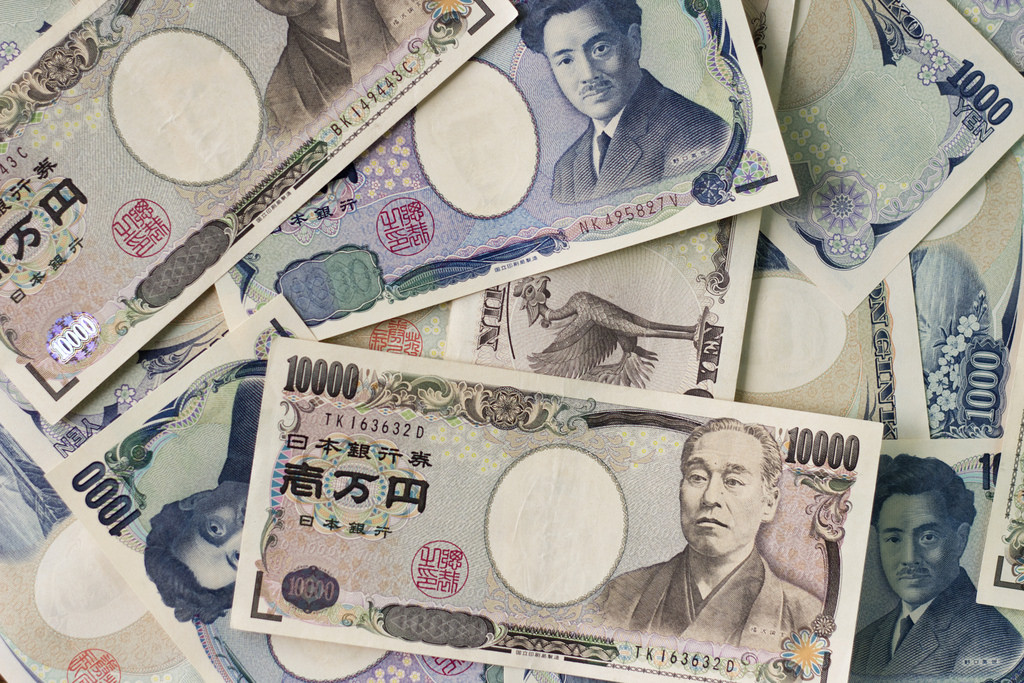"An increase in the bond yield will not cause upheavals in the market, as almost all agree that the target yield of long-term bonds would be fixed after the core [CPI] reaches 1%," he told the agency.
According to Hayakawa, this indicator could rise to 1% in the second half of the year.
In February, consumer prices, excluding fresh food and energy, rose 0.5% in Japan.
Consumer prices excluding the cost of fresh food in February rose by 1% in annual terms. This is the key indicator of inflation, monitored by the Bank of Japan. The indicator rose to 1% for the first time in three and a half years.
The overall inflation rate in Japan in February was 1.5%.
The Bank of Japan will not give advance signals about raising the benchmark of bond yields, as the regulator is reluctant to tie the hands if the market conditions, especially for the yen, suddenly change, Hayakawa said.
According to him, one of the biggest threats for the central bank and for abenomics is the likelihood that US President will criticize Japan for the weak national currency before the mid-term congressional elections that will be held in November. A stronger currency would help lighten the US trade deficit.
Earlier this week, the head of the Bank of Japan, Haruhiko Kuroda, told that the regulator is discussing how to ultimately withdraw from a large-scale program of monetary stimulus, but it is too early to disclose details.
"We are holding various discussions inside [the central bank]," Kuroda said during a speech in parliament.
He noted that the normalization of the policy of the Bank of Japan will depend on what will happen to prices, the economy and the markets by that time.
source: bloomberg.com
According to Hayakawa, this indicator could rise to 1% in the second half of the year.
In February, consumer prices, excluding fresh food and energy, rose 0.5% in Japan.
Consumer prices excluding the cost of fresh food in February rose by 1% in annual terms. This is the key indicator of inflation, monitored by the Bank of Japan. The indicator rose to 1% for the first time in three and a half years.
The overall inflation rate in Japan in February was 1.5%.
The Bank of Japan will not give advance signals about raising the benchmark of bond yields, as the regulator is reluctant to tie the hands if the market conditions, especially for the yen, suddenly change, Hayakawa said.
According to him, one of the biggest threats for the central bank and for abenomics is the likelihood that US President will criticize Japan for the weak national currency before the mid-term congressional elections that will be held in November. A stronger currency would help lighten the US trade deficit.
Earlier this week, the head of the Bank of Japan, Haruhiko Kuroda, told that the regulator is discussing how to ultimately withdraw from a large-scale program of monetary stimulus, but it is too early to disclose details.
"We are holding various discussions inside [the central bank]," Kuroda said during a speech in parliament.
He noted that the normalization of the policy of the Bank of Japan will depend on what will happen to prices, the economy and the markets by that time.
source: bloomberg.com



















